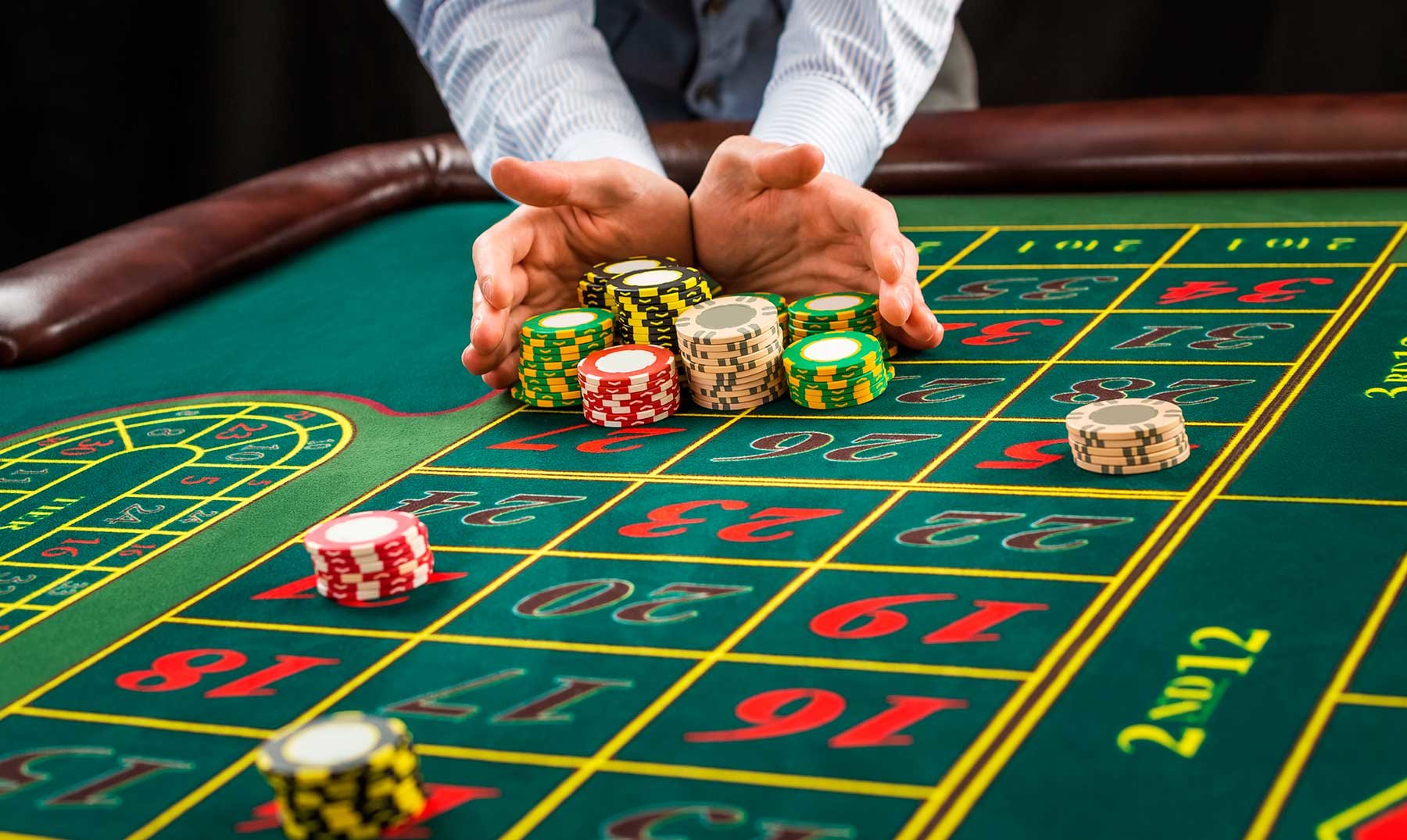
In the vibrant world of gaming, casino activities have long seized the interest of participants around the planet. These activities, ranging from classic table options like Texas Hold’em to the rotating reels of fruit machines, offer an captivating blend of randomness and skill. While chance undeniably plays a significant role in influencing outcomes, the importance of skill in many casino options cannot be overlooked. Comprehending how expertise shapes gameplay can enhance not only a participant’s experience but also their chances of success.
As we explore further the inner workings of casino options, it becomes apparent that some demand a robust base of understanding and planning. Games like poker demand more than mere luck; they require analytical thinking, psychological insight, and strategic decision-making. In contrast, other games, such as roulette and fruit machines, are primarily determined by luck, allowing gamblers to rely solely on fortune. This contrast raises thought-provoking questions about what truly drives victory in the domain of gambling and how a participant’s skill set can tilt the balance in their benefit.
Understanding Skill vs. Luck within Gambling Activities
In the sphere of casino games, the discussion between skill and luck is a enduring one. Several games are frequently categorized into two groups: those that depend predominantly on randomness, such as slots and the wheel, and those where skill plays a significant role, like poker and 21. The distinction is important because it influences not only gameplay strategies but also the approach players take when participating with these games. Although luck can play a decisive role in the immediate, skilled players can boost their chances of winning over the long run in skill-based games.
Skill-based games, especially poker, demand players to comprehend probability, psychology, and game strategies. A seasoned poker player can analyze rivals, make calculated bets, and know when to fold, all of which can lead to more favorable outcomes. On the other hand, in games that are purely based on chance, no amount of skill can alter the odds. This means that although a player may win big in one session, their victory may frequently be at the mercy to the whims of random outcomes rather than any tactical expertise.
Ultimately, both skill and luck coexist in the world of casino games, creating a vibrant environment for players. While games of chance can provide thrill and instant gratification, proficiency and strategy in skill-based games offer a deeper level of engagement for those willing to invest time in honing their craft. This interaction between skill and luck defines the experiences of players and influences their relationship with the games they select to play.
The Impact of Ability on Casino Results
In the field of gambling games, ability plays a crucial role in determining the outcomes, especially in activities where strategy and decision-making are essential. For example, in the game of poker, players must analyze rivals, calculate probabilities, and make calculated bets to maximize their chances of succeeding. Unlike activities that depend purely on chance, such as slots or roulette, poker demands an understanding of both the rules and the behavior of other players, making skill a vital component of success.
Other skill-based activities, like the game of blackjack, also underscore the importance of player expertise. Understanding of basic strategy, card counting, and when to hit or stand can significantly influence the casino advantage. A skilled blackjack player can lower this edge and boost their odds of success significantly. This contrasts with activities that do not allow for such strategic play, showcasing how the level of skill directly affects the potential for favorable results.
Additionally, even within games considered primarily luck-based, like craps, the choices made by gamblers can impact their overall success. Choosing the right bets, understanding the likelihoods of different outcomes, and managing one’s funds are essential aspects that can enhance a player’s experience and results. Jun88casino top Thus, while luck remains a factor in gambling, ability can substantially influence how efficiently participants navigate these environments, leading to more favorable results.
Strategies for Proficient Play in Casinos
To excel in casino games, players must develop a robust grasp of the rules and odds involved in every game. This foundational knowledge enables individuals to make wise decisions, especially in skill-based games like Texas Hold’em and blackjack. Becoming acquainted oneself with game tactics, such as keeping track of cards in 21 or recognizing wagering trends in Texas Hold’em, can significantly enhance a player’s chances of success. Sharpening these tactics through simulations or lower-stakes games allows players to improve their skills without putting substantial amounts of money at risk.
Another key strategy is budgeting. Players should set a spending limit before going into the gaming establishment and stick to it rigorously. This involves determining how much they are willing to lose and imposing restrictions on how much they will bet in every gaming session. By keeping a controlled approach to gambling, players can prolong their play and reduce the chance of major losses. Additionally, taking time-outs can help preserve a clear mind and prevent rash decisions that often lead to poor play.
In conclusion, emotional control is crucial in the intense environment of a gambling house. Players must learn to manage their emotions, particularly during times of winning or losing runs. Staying focused and not allowing emotions influence gameplay can lead to more logical decisions. Methods such as taking deep breaths or stepping away from the gaming table during intense moments can help keep calmness. By cultivating a steady state of mind, players can approach casino games with assurance and skill, ultimately improving their complete experience and results.
